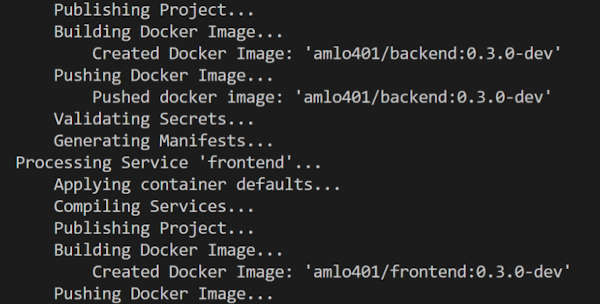| Microsoft's Project Tye For Microservices |
| Thursday, 04 June 2020 | |||
|
Microsoft has announced Project Tye, a developer tool for developing and deploying microservices with minimal configuration. Tye is a .NET Foundation project. The GitHub readme says: "Tye is an open source experiment that will last at least until Nov 2020. We are using this time to try radical ideas to improve microservices developer productivity and see what works" The .NET Foundation is an independent organization created by Microsoft in 2014 to promote open-source software development and collaboration based on Microsoft's .NET Framework.
Project Tye includes a local orchestrator to make developing microservices easier and the ability to deploy microservices to Kubernetes with minimal configuration. You can run local projects and also spin up container instances and other dependencies. When everything is working you can then deploy your application to a Kubernetes instance. The thinking behind project Tye is that many apps are in fact several smaller apps - a back-end database accessed via an API, a website at the front, other services that all need to communicate. Even if you can get everything talking to each other, it can be daunting getting your distributed app onto a platform such as Kubernetes.
Project Tye has two main goals; to make development of microservices easier and automating deployment of .NET applications to Kubernetes. For the easier microservices development, Tye lets you run many services with one command, and has simple conventions for discovering the addresses of other services. It also lets you use dependencies in containers. To automate deployment of .NET applications to Kubernetes, Tye automatically containerizes .NET applications, and generates Kubernetes manifests with minimal knowledge or configuration, using a single configuration file. Microsoft says that if you have an app that talks to a database, or an app that is made up of a couple of different processes that communicate with each other, then Tye should help "ease some of the common pain points." It's available to try on GitHub.
More InformationRelated ArticlesKubernetes for Full-Stack Developers The 100+ Analytic Microservices for Predix App Development To be informed about new articles on I Programmer, sign up for our weekly newsletter, subscribe to the RSS feed and follow us on Twitter, Facebook or Linkedin.
Comments
or email your comment to: comments@i-programmer.info |




